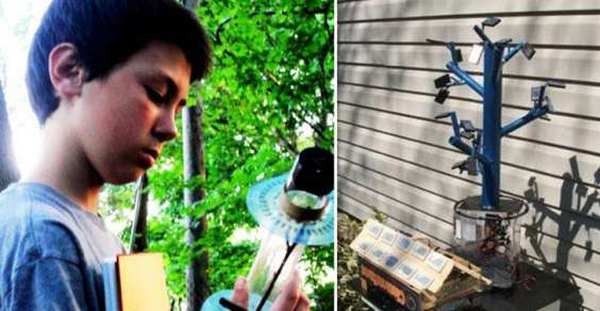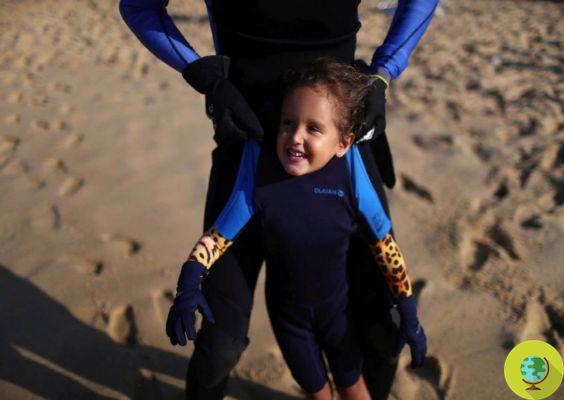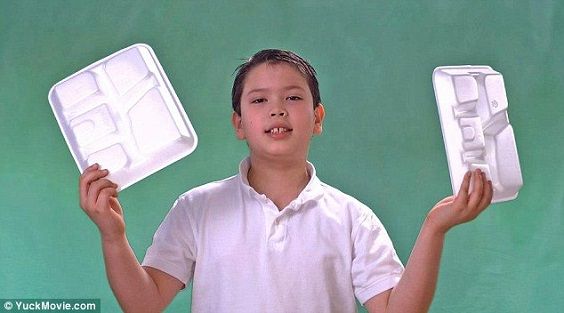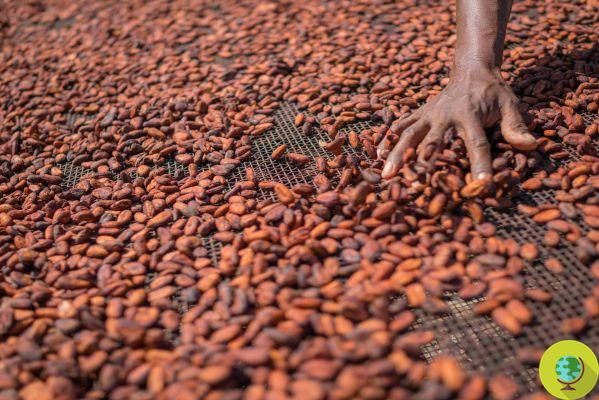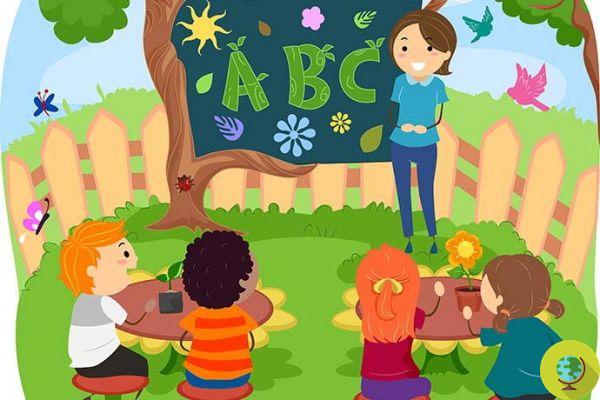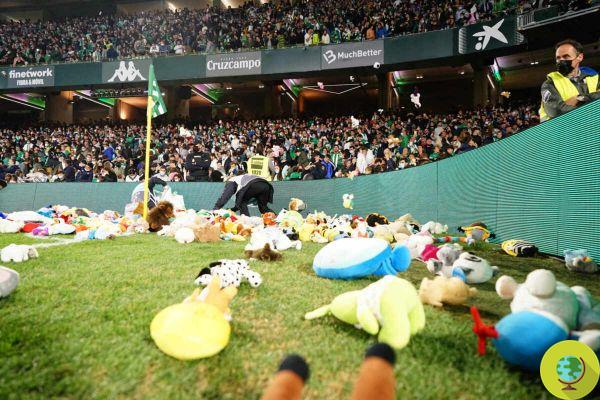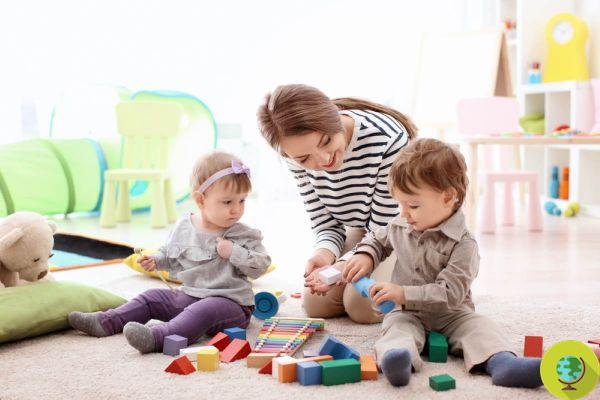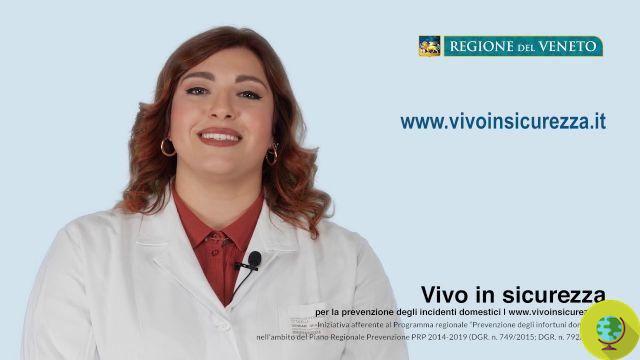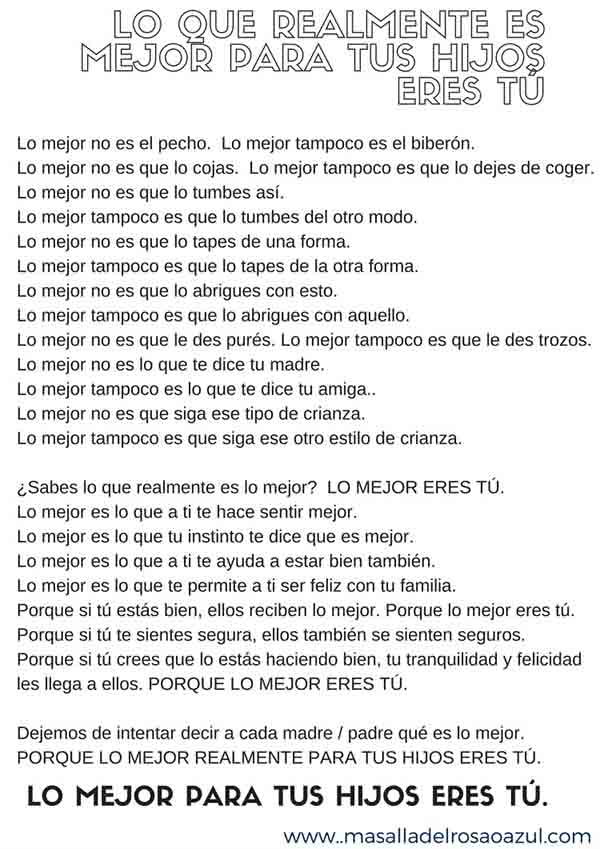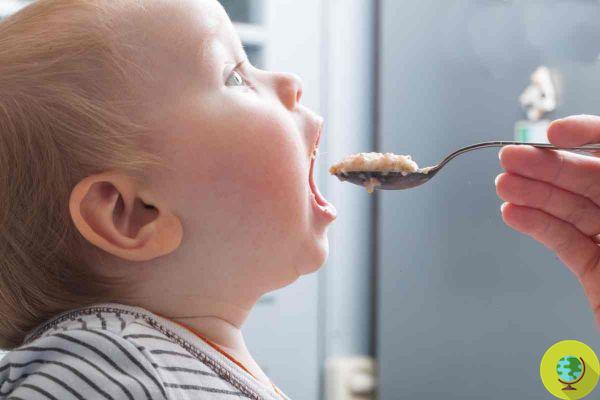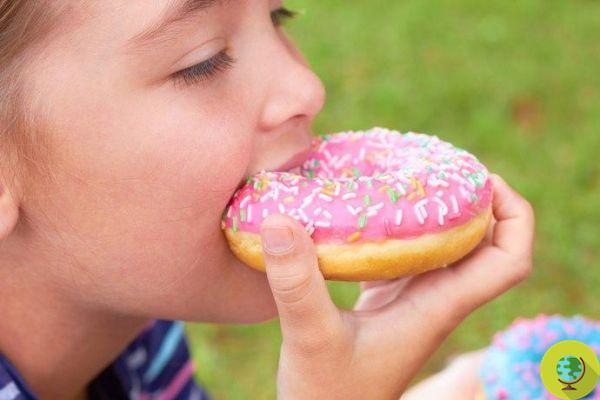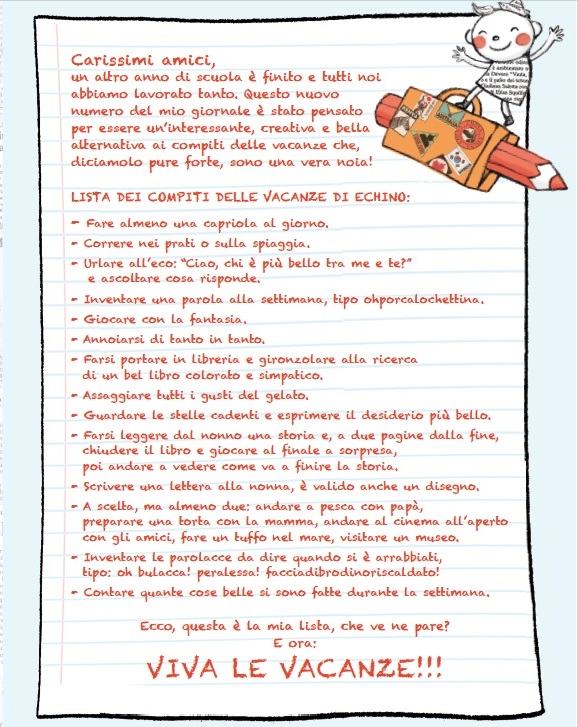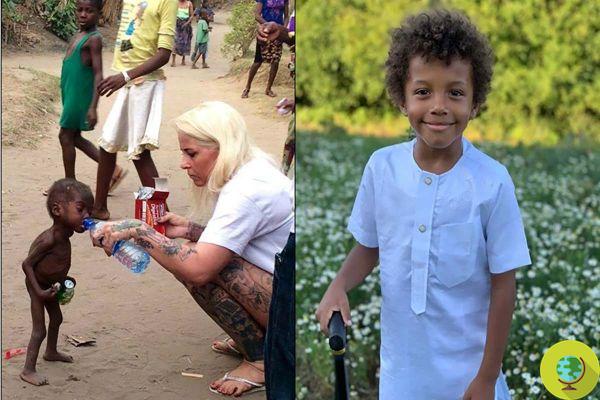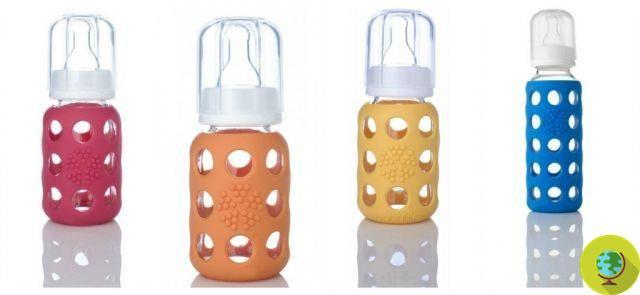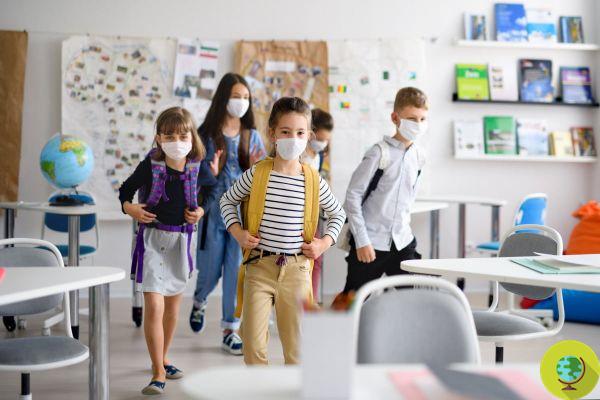The high temperature at which plastic bottles for infant formula are sterilized causes millions of microplastics to be lost.
Don't store avocado like this: it's dangerousAll the fault of the high temperature with which plastic bottles are sterilized to prepare infant formula. That same temperature that causes bottles to lose millions of microplastics and trillions of even smaller nanoplastics. And so babies are exposed to 1,6 million microplastic particles a day during their first year when fed with plastic bottles.
This is the alarm raised by some researchers at Trinity College Dublin who, in a study published in the journal Nature Food, starting from the fact that the polypropylene bottles tested constitute 82% of the world market, with glass bottles as the main alternative . The Polypropylene is one of the most commonly used plastics and preliminary tests by scientists have found that kettles and food containers also produce millions of microplastics per liter of liquid.
"Microplastics in the environment were already known to contaminate human food and drink, but the study shows that preparing food in plastic containers can lead to thousands of times more exposure," the Guardian reads.
The health impacts are unknown in detail, which is why scientists say there is an "urgent need" to assess the problem, particularly - of course - for newborns. The team also produced sterilization guidelines to reduce exposure to microplastics.
“Girls develop breasts at age 8 due to the bisphenol in plastic”, say the experts
A systematic review
The research began with an accidental discovery when a researcher developing filters found that those filters continued to be clogged with microplastics, which were then subsequently traced back to polypropylene laboratory equipment.
So the scientists wanted to investigate and do some experiments. They began to follow international sterilization guidelines to prepare infant formula in 10 different bottles, which involves sterilization with water at 95 ° C and subsequent shaking of the formula powder with water at 70 ° C in the bottle.
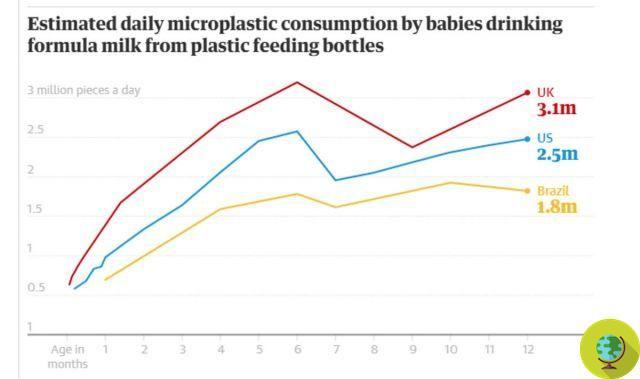
© Nature Food

Both the hot water and the stirring steps have produced many microplastics, which are much smaller than the width of a human hair. On average, they estimated that babies are exposed to 1,6 million microplastic particles per day during their first year when fed with plastic bottles. The United States, Australia and European countries recorded the highest levels: more than 2 million particles per day, due to the higher levels of artificial feeding.
Scientists suggest that a further washing phase it could eliminate the microplastics produced during the normal preparation of the formula. Boiling water would not go into a plastic container, and once cooled it can be used to rinse the bottle after sterilization. The formula should also be prepared in a non-plastic container, then cooled and poured into the clean bottle.
“This will drastically reduce the number of microplastics - explains John Boland, of Trinity College. The last thing we want is to unduly alarm parents, particularly when we don't have enough information about the potential [health] consequences. However, we ask policy makers to re-evaluate the current guidelines for the preparation of infant formula when using plastic baby bottles ”.
Other solutions include the use of glass bottles, although they are heavier for children to hold and fragile.
Fonti: Nature Food / The Guardian
Read also:
- BPA: 10 Ways To Lower Your Whole Family's Exposure To Bisphenol A.
- BPA: We are probably exposed to Bisphenol A a lot more than we always thought
- Plastic and food: how to recognize plastics that should never be used with food




